July 1, 1916, marked the beginning of a nearly five-months-long fight on the banks of the Somme river in northern France. By the time the battle ended on Nov. 18, French, British and German forces had suffered more than a million casualties.
The battle was one of the most traumatic events in a war that introduced a new level of horror to the world, with advancements in modern warfare and an unrelenting death toll. Many of the men who survived the Battle of the Somme tried to capture the experience in memoirs after the war. Other authors have presented researched volumes on the battle, and still others have fictionalized the terror of the fight. Here are seven books that have memorialized the Somme in one way or another in the 100 years since the battle began.
Storm of Steel
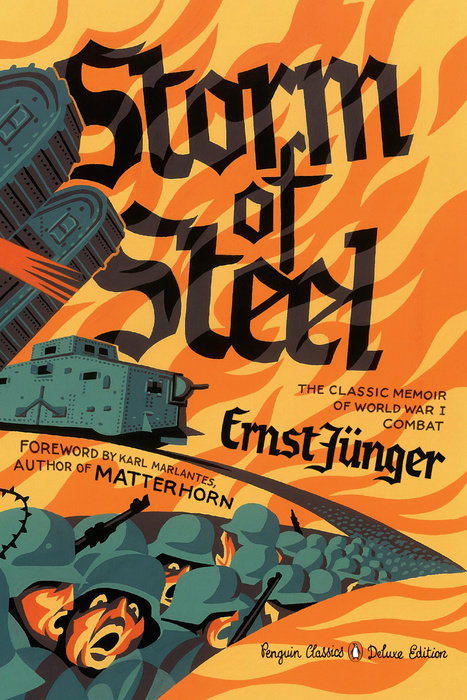
By Ernst Jünger
Widely considered the “definitive” WWI memoir from the German perspective, Jünger’s book chronicles his life on the front and his survival at the Battle of the Somme, as he endured trench warfare and exploding shells.
Good-Bye to All That
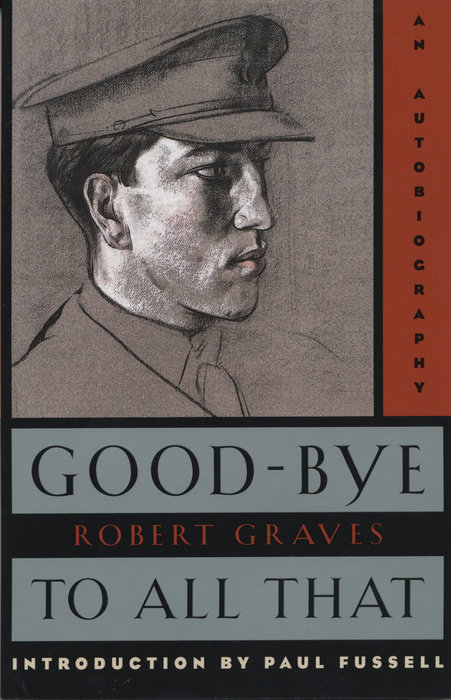
Graves was at the Somme, too, but on the British side. In his memoir, he writes about sustaining an injury so bad that the army prematurely wrote to his family to inform them he had died.
The Somme: The Darkest Hour on the Western Front
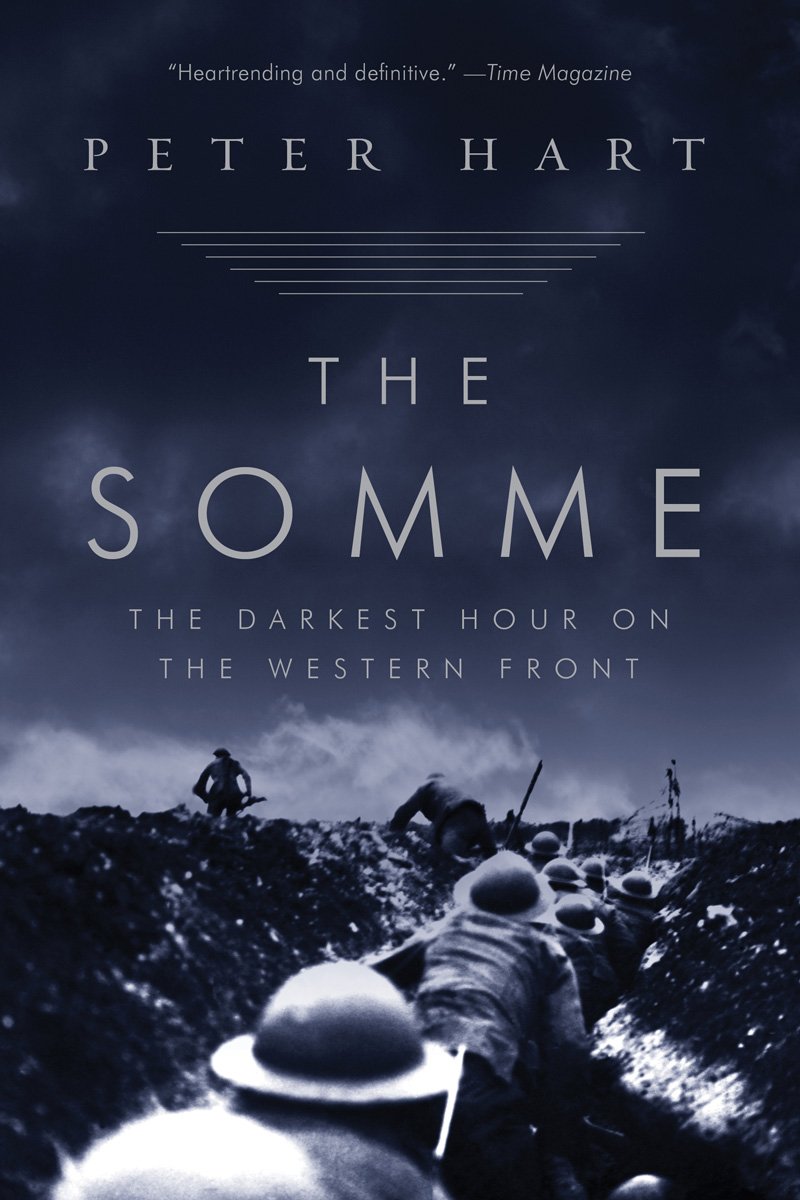
By Peter Hart
Hart combines research and oral history to tell the stories of what it was really like inside the trenches along the treacherous 15-mile front. Of particular interest: The first 24 hours of the conflict, when some 20,000 British troops were killed.
Birdsong

Faulks’ novel depicts a fictional soldier, Stephen Wraysford, and his traumatic experience watching everyone around him die at the Somme—some of them only a day after digging a mass grave in anticipation.
The Missing of the Somme
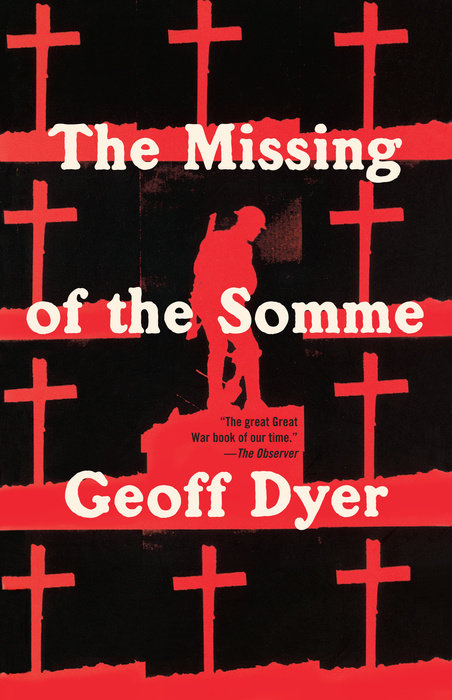
By Geoff Dyer
Dyer’s travelogue details his efforts to understand the way the British have memorialized the Great War, from statues and battlefields to songs and documentaries.
Memoirs of an Infantry Officer
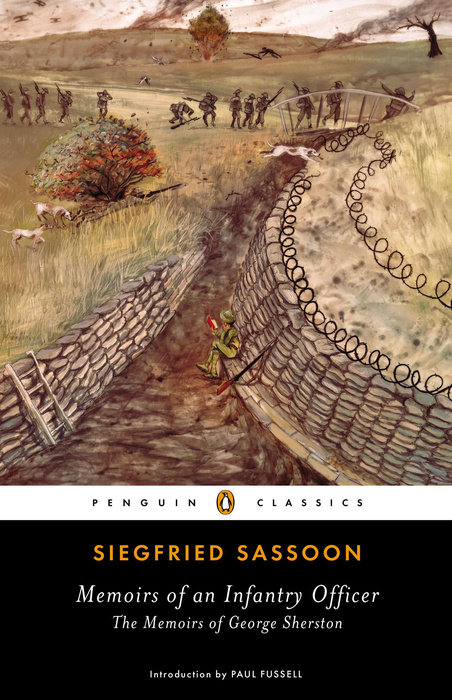
Sassoon fought nearby his friend Robert Graves at the Somme, and he, too, took account of his experiences after the war—but instead of a straight memoir, the English soldier fictionalized his story and published it as a novel.
Regeneration
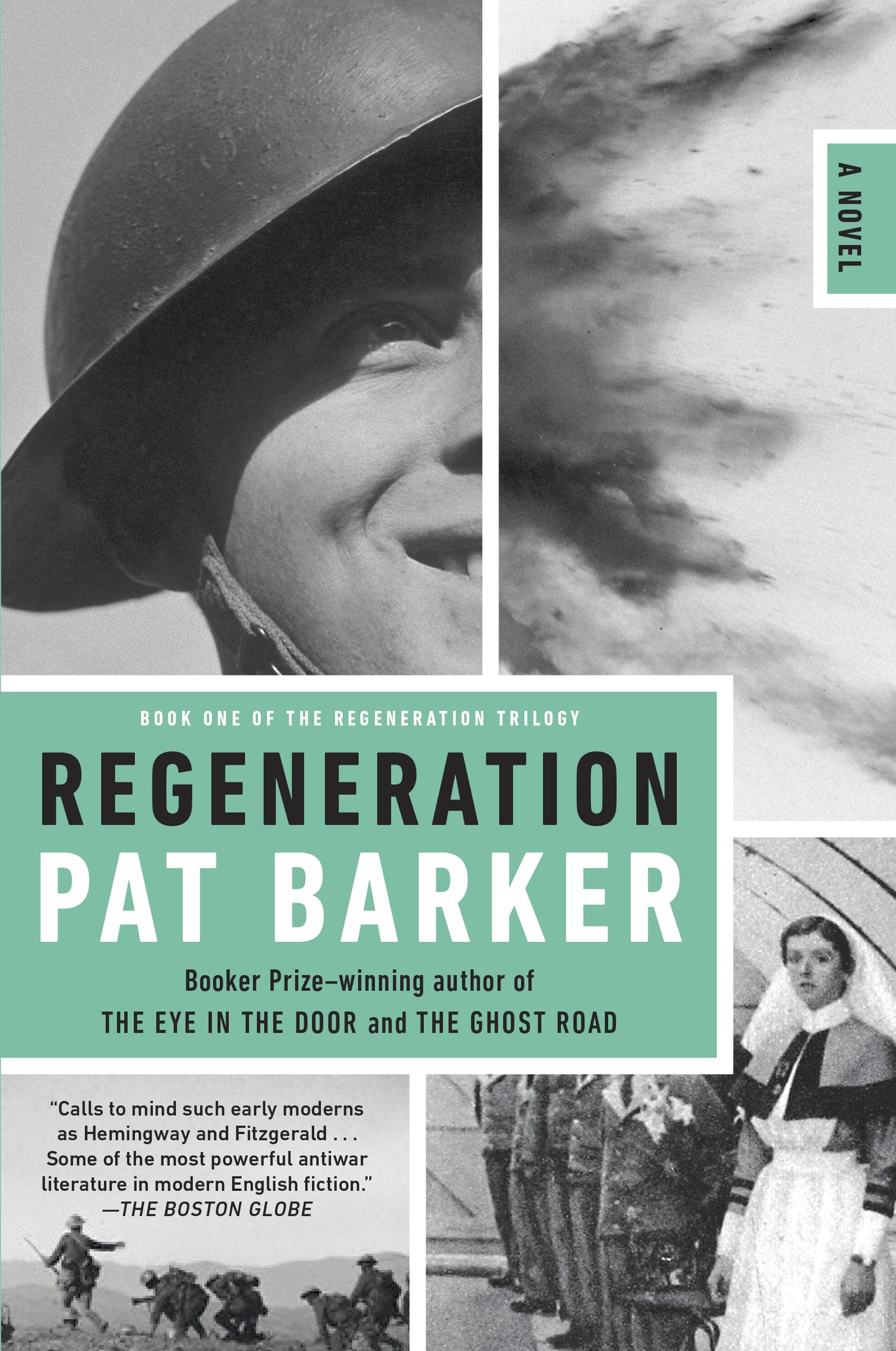
By Pat Barker
A year after he fought in the Somme, Siegfried Sassoon famously declared himself in opposition to the war’s senseless violence, and said he would no longer fight. The decision got him labeled as mentally unsound, and he was sent to a psychiatric hospital for rehabilitation. Barker’s novel (the first in a trilogy) depicts Sassoon in treatment, unpacking his experience at the Somme and elsewhere.
More Must-Reads from TIME
- Inside Elon Musk’s War on Washington
- Meet the 2025 Women of the Year
- The Harsh Truth About Disability Inclusion
- Why Do More Young Adults Have Cancer?
- Colman Domingo Leads With Radical Love
- How to Get Better at Doing Things Alone
- Cecily Strong on Goober the Clown
- Column: The Rise of America’s Broligarchy
Contact us at letters@time.com